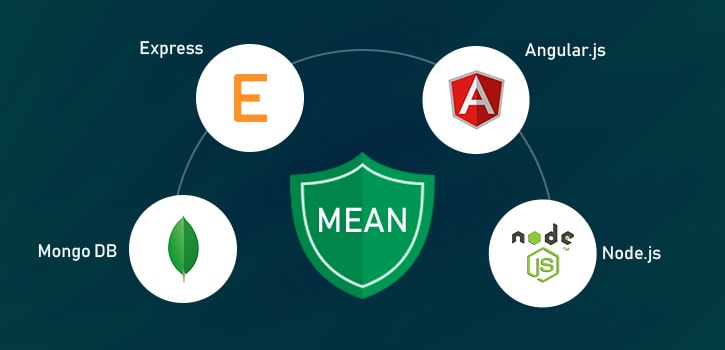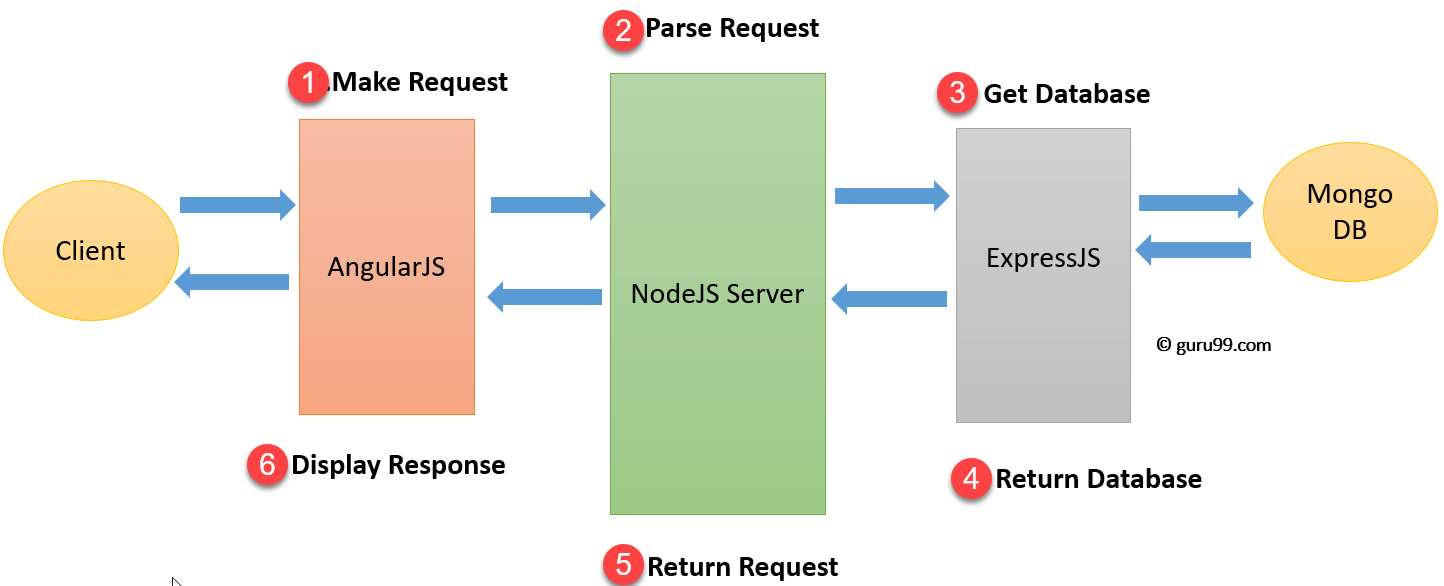Table of Contents
Myths About MEAN Stack Websites Not Being SEO-Friendly

MEAN Stack is a collection of technologies based on JavaScript used for the purpose of developing websites and web-based applications. It is an excellent option to create robust and fast applications in the industry that is surrounded by cut-throat competition.
In the past few years, MEAN stack has become a feasible alternative to create high-performance and dynamic websites and applications. It has garnered the interest of many technology firms that have invested in the JavaScript domain. This is because it offers a myriad of advantages, including lower utilization of human resources, cost-reduction, seamless operation, re-usability of software components, and more.
Despite the benefits, there is some confusion among people regarding whether to choose MEAN Stack for their websites. Read on to learn what this concern is all about.
Misconceptions About MEAN Stack Development & SEO
I often get clients who are skeptical about MEAN stack development services because of the widespread belief that the result is not SEO-friendly. They are of the opinion that although the technology helps to create user-friendly and robust websites, it is difficult to get the site recognized by search engines such as Google, and even more challenging to get it ranked in the Search Engine Result Pages.
To understand why people believe it is difficult to integrate SEO practices with a MEAN website, it is essential to get acquainted with its architecture.
MEAN Stack Components & Architecture

The different elements of Mean Stack Architecture and their primary function are as follows:
- Angular JS – Accepts requests from the users and displays results
- NodeJS – Manages the Client and Server Requests
- Express JS – Makes requests to the Database and returns the responses
- MongoDB – Stores the data and retrieves it whenever required
Problems with JavaScript & SEO
Since MEAN stack has a JavaScript framework, the pages we want indexing are rendered in JS, making the entire process of SEO a little challenging. This is because although the site looks great and runs fast, search engines such as Google still won’t be able to crawl the content. To put it clearly, for a search engine to understand MEAN websites, they have to render or execute JavaScript.
In addition to this, there are no specific general JS coding guidelines that can be used to create websites and applications.
To summarize:
Crawl, Index, Rank – 3 Problems in MEAN Stack SEO

So, Is SEO Possible for MEAN Websites?
After hearing about such challenges that surround MEAN stack development, many people think that it could kill their SEO.
However, I believe that such notions are the result of a lack of clarity and understanding on the part of the users. It helps to remember that part of digital life is to work with what you have. And what you have in the form of a MEAN website is already loved by the end-users. Thus, it is only wise that we take a better approach that yields excellent results, making the entire process of SEO a worthy investment.
To put it simply, the approach to SEO for a MEAN website is a little different than HTML-based bites. However, SEO professionals have to think outside the box to come up with ways that can help search engines understand JavaScript. Although it requires a different approach to be taken, the task is not as impossible or difficult as it may seem at first glance. To answer the question, yes, SEO can be implemented for MEAN websites.
TOPS Offers Excellent MEAN Stack Development Services
TOPS Infosolutions is a leading MEAN Stack development company offering reliable and prompt services. We have tech expertise and skills to help you create a website or application according to your requirements.
All you need to do is get in touch with us to discuss your project, so we can determine what needs to be done.
You Might Also Want to Read:
How Can MEAN Stack Development Help Your Business?
Building Modern and Scalable Enterprise Apps with MEAN Stack
Tags
- MEAN Stack Development
- MEAN Stack development company
- MEAN Stack Development Services
- MEAN Stack Websites